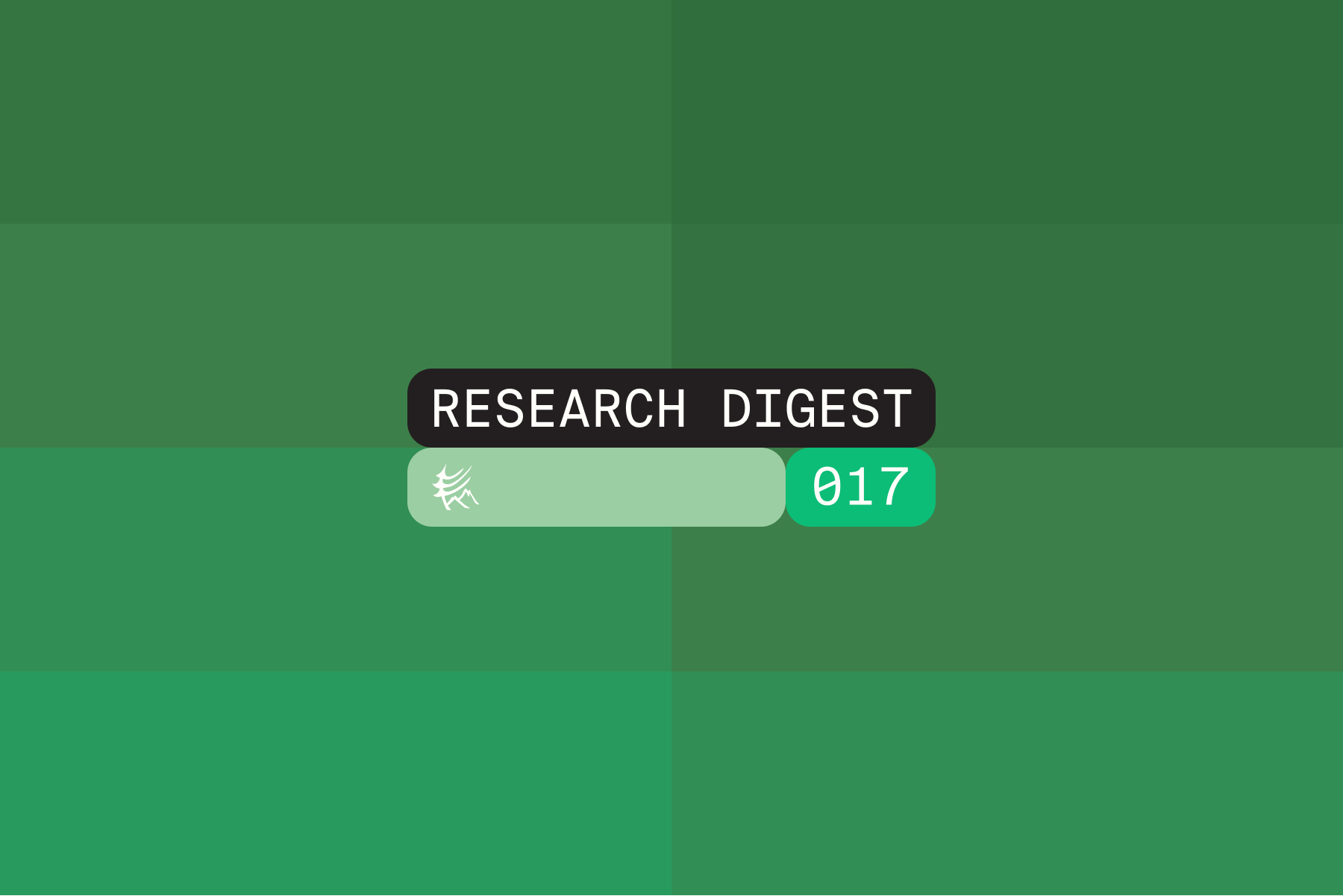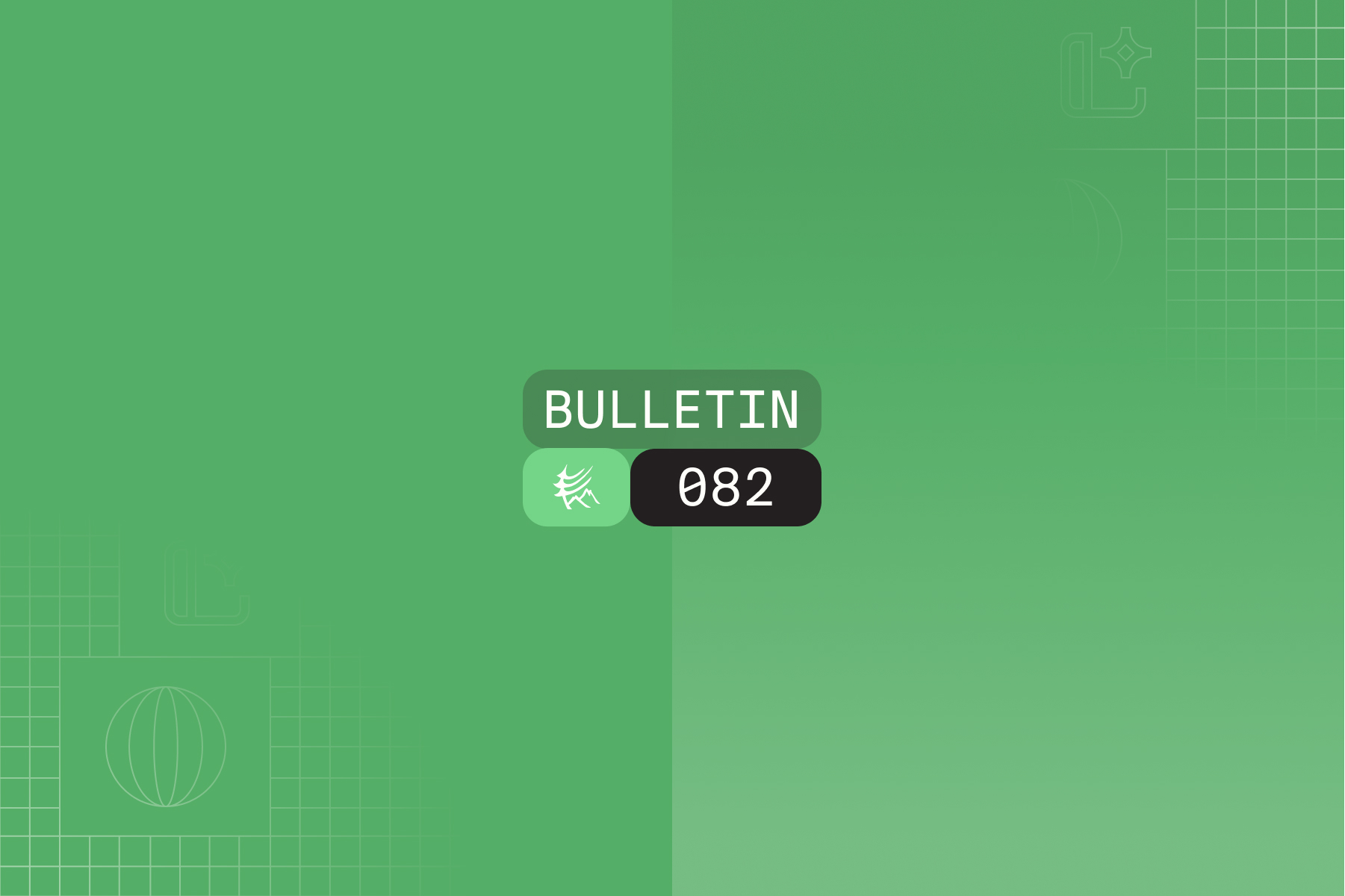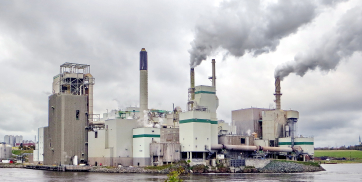Highwood Launches How Much Gas is That?!
Have you ever been confused by the countless different measurement units used to describe natural gas and methane emission rates? Click here to explore a free educational resource that we built to help navigate the confusion!
Russian Pipeline Methane Emissions up 40% in 2020
Russian natural gas exports to Europe fell by 14% in 2020 due to the pandemic, but satellite data suggest that pipeline emissions rose by 40%. Although the cause of the increase is unclear, the European Union – the world’s biggest importer of natural gas – is considering minimum methane performance standards for imported gas to incentivize global emissions reductions. Read more here.
U.S. Senators Introduce Bill to Price O&G Methane
A new bill proposed by three Democrat U.S. senators called the Methane Emissions Reduction Act would impose a fee on methane emissions from the oil and gas industry. The fee would apply only to producers emitting above the average methane emissions intensity of a given basin. The bill would also work to improve monitoring and measurement of methane emissions. Read more here.
Enhance Energy Sequesters 1MM Tonnes of CO2
A major milestone was marked this week by Enhance Energy – the capture and sequestration of 1 million tonnes of carbon dioxide (~equivalent to ~350,000 vehicles). The CO2, which is captured from a nearby refinery and fertilizer plant, is injected into a reservoir to enhance oil recovery. Read more here.
Alberta Seeks $30 Billion to Reduce Emissions
The Alberta Government is requesting $30 billion in federal assistance to help reduce industrial carbon emissions over the next ten years. Among Provinces, Alberta is unique in that industry is responsible for 70% of all emissions. The plan would focus on carbon capture, utilization, and storage and intends to reduce Alberta’s emissions by 30 MT. Read more here.
Analysis: Success of Carbon Capture Hinges on Permitting
Did you know that the U.S. Environmental Protection Agency regulates injection wells through an underground injection control program? To be able to inject CO2 into rock formations deep beneath the ground (geologic sequestration), a permit is required that is very difficult to acquire – only two permits have every been approved since 2010, with a typical processing time of 6 years. Learn more here.
Webinar: Improving Oil and Gas Methane Data
The Global Methane Initiative’s public webinar, Improved Collection and Verification of Methane Emissions Data for Effective Mitigation, to be hosted on March 30th 2021. The webinar will be hosted by Mark Taylor of Taylor Energy Advisors and the panel includes representatives of Process Ecology, Radicle, Carbon Connect International, and Colorado Department of Public Health and Environment. Click here to register.





